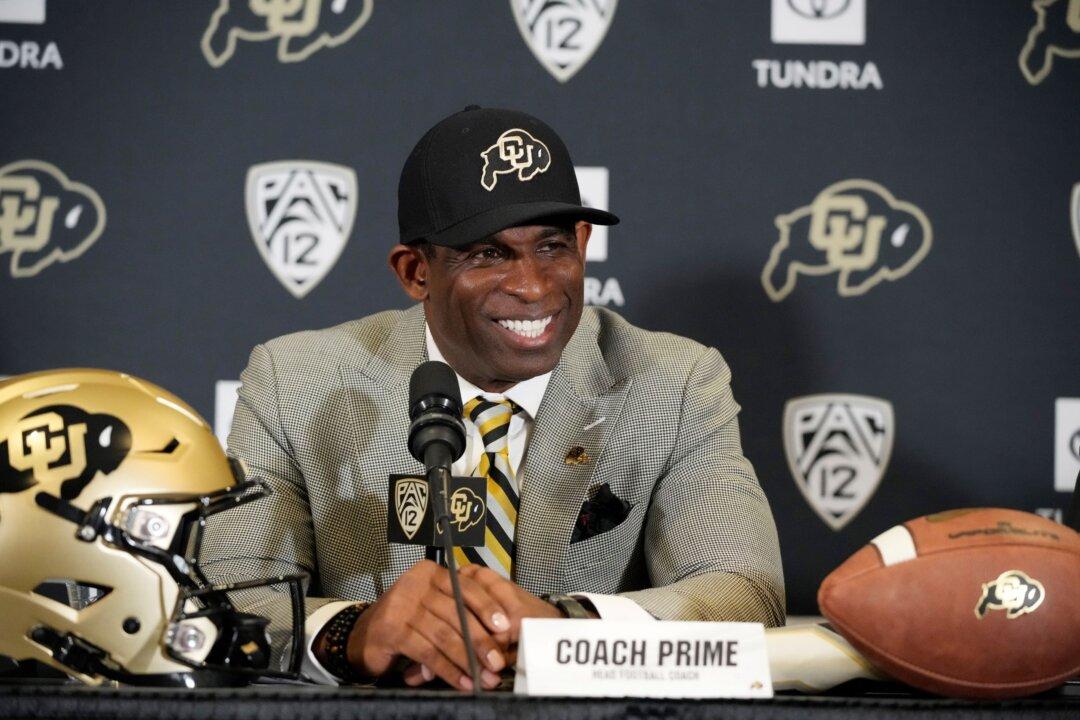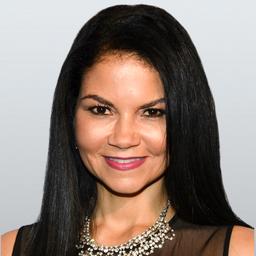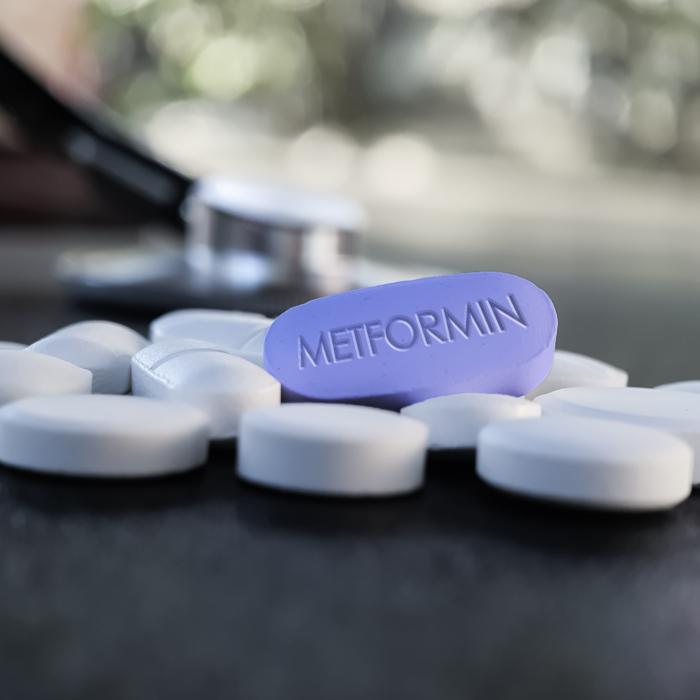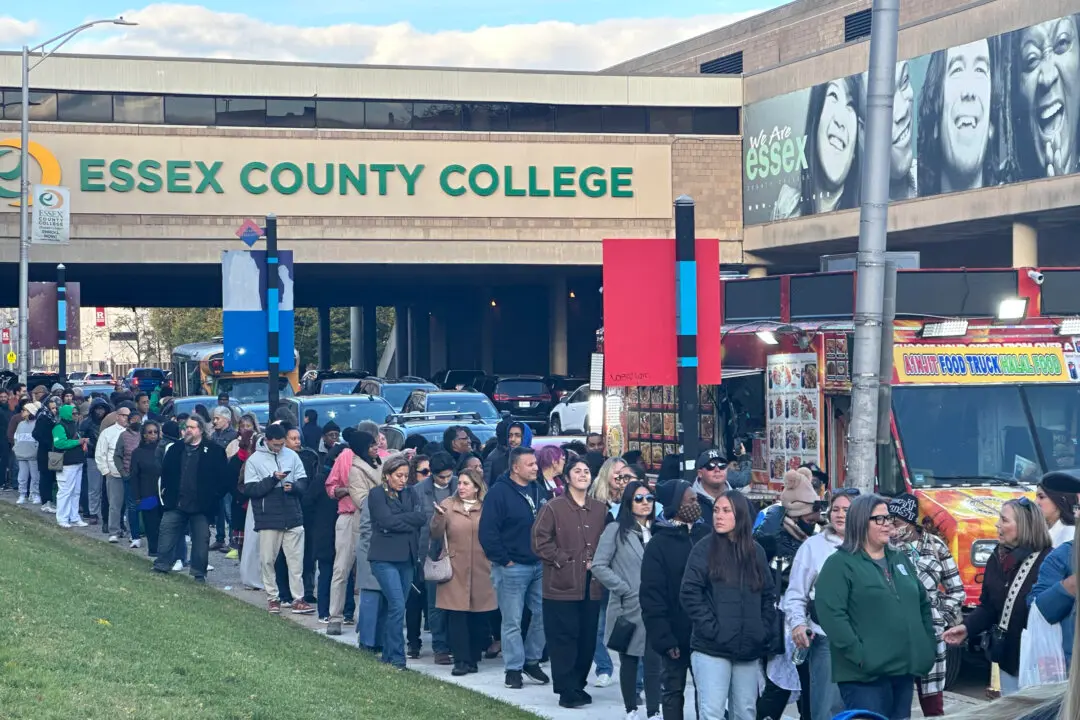Type 1 diabetes is no longer a burden for the youngest daughter of Hall of Fame football star and former Major League Baseball player Deion Sanders.
“I was dropping a whole bunch of weight and I just knew there was just something off,” she said.
Sanders is speaking up about her illness in honor of November’s National Diabetes Awareness Month.
Currently a junior at Alabama A&M University in Huntsville, Sanders wears a continuous glucose monitoring system (CGS) that looks like a patch because her body creates little to no insulin.
Her responsibility as a diabetic includes monitoring blood sugar levels, administering insulin therapy, adjusting what she eats for blood sugar control, and preventing potential complications.
“It was pretty tough just because I didn’t expect to take on that much responsibility at a young age,” Sanders said. “I was just very insecure. I would hide my devices. I would go to the bathroom to take my injections, all of that. But that’s definitely changed over the years. I kind of wish I had more of an open mind when I first got diagnosed.”
“Teenagers may struggle with body image, independence, and fitting in with their peers,” ABC Nutrition Solutions owner Lindsay Cohen told The Epoch Times on Nov. 27. “Hormonal fluctuations during puberty can also make blood sugar control more challenging for teenagers.”
Sanders has since become an advocate and educator about diabetes. She even made a video explaining her devices.
She exercises regularly by playing guard on the women’s basketball team at A&M University, where her coaches and managers ensure there is water and Gatorade in case her blood sugar drops too low during practice.
“It just makes everything much easier,” Sanders said. “I share my levels with my trainer, too. I just give her one look or she gives me one look and it’s like, okay yeah, my blood’s either high or low.”
In addition to weight loss, symptoms of Type 1 diabetes among young people include extreme hunger, increased thirst, frequent urination, and fatigue.
While teens may feel self-conscious about using medical devices, newly diagnosed adults face different challenges, according to Dr. Pamela Tambini, an internal and addiction medicine physician at Southeast Detox in Georgia.
“Adults may grieve the sudden lifestyle changes and experience anxiety about long-term complications and they often need to learn new skills and routines while juggling work and family responsibilities,” Tambini told The Epoch Times on Nov. 27. “Support tailored to each stage of life can help individuals with diabetes adapt and thrive.”
When teammates ask questions about her illness, Sanders thinks it’s funny, views it as a sign that they care, and is eager to educate them.
She also mentors young athletes with diabetes as a Name Image and Likeness Ambassador for Dexcom U, an organization of athletes who use Dexcom technology to manage their diabetes.
“I have some peers and younger kids who look up to me as a type 1 diabetic so I got to keep on going,” Sanders said. “I never thought that I would be in a place where I am able to work with Dexcom raising awareness. I would’ve never dreamed of this. So it’s just really a blessing.”
Her Dexcom G7 CGS device looks like a patch that’s attached to her body and is linked to an app.
“I know we teach them things, but the mentees have really taught me things at the same time,” Sanders said. “Just how they carry themselves. Like, ‘Yeah, I am a diabetic and so what? This does not stop me. This does not define me.’ That was really big for me.”
Sanders, who did not reply to The Epoch Times’ requests for further comment, has made peace with her diagnosis.
“I used to be so closed off,“ she said. ”So, just being able to relate to people on that type of level and to share stories and a laugh ... everything about it, it’s just amazing. This is who you are. This is a part of you. Embrace it.”







